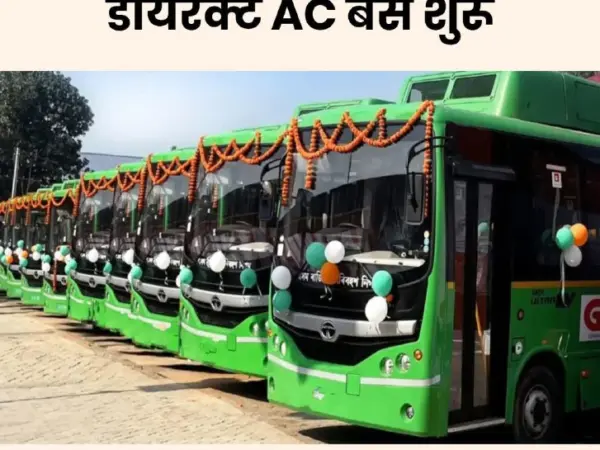**Advocate Challenges Alimony in Supreme Court**
– Advocate Mohd Ahmed Khan has moved the Supreme Court to oppose the award of a monthly alimony to his wife Shah Bano after 43 years of marriage.
– The case has brought attention to Article 44 of the Constitution, which envisions a Uniform Civil Code (UCC) for the country.
– Shah Bano, married to Khan in 1932, sought a monthly maintenance allowance in 1978 after being driven out of her matrimonial home in 1975.
– The Supreme Court upheld the maintenance granted by the High Court in April 1985 and criticized the All India Muslim Personal Law Board for siding with the husband.
– The court’s observations on UCC continue to stir political waters, as it called for the State to take the lead in framing a common civil code.
– Instead of enacting a UCC, the Rajiv Gandhi government enacted the Muslim Women (Protection of Rights on Divorce) Act in 1986.
– The Supreme Court has continued to rule that Muslim women cannot be deprived of alimony, but has also insisted that the legislature take steps to enact UCC.
– A PIL seeking the enactment of UCC was dismissed by the Supreme Court in March 2021, stating that it falls within the exclusive domain of Parliament.
**Political Reactions to UCC Proposal**
– The Aam Aadmi Party has extended “in principle” support to the proposal of a Uniform Civil Code, citing Article 44 of the Constitution.
– However, the Congress and Akali Dal have opposed the UCC, calling it a tactic by the government with an “agenda-driven approach.”
– The All India Muslim Personal Law Board has condemned PM Narendra Modi’s pitch for UCC and objected to attempts to connect it only to the Muslim community.
– In Uttarakhand, a draft of the UCC is said to be “almost final,” with the government expected to receive it within a week or two.
**The Need for a Uniform Civil Code**
– The Supreme Court has repeatedly stressed the need for enacting a Uniform Civil Code in India.
– It has argued that a UCC would help the cause of national integration by removing conflicting ideologies and loyalties to different laws.
– The SC has criticized the lack of official activity in framing a common civil code and called on the State to secure a UCC.
– Muslim personal laws remain uncodified even after 73 years of India becoming a republic, while Hindu personal laws were codified 67 years ago.
– The SC has highlighted the desirability of achieving the goal set by Article 44 of the Constitution, which envisions a Uniform Civil Code for all citizens.
**Conclusion**
– The case of advocate Mohd Ahmed Khan challenging the alimony awarded to his wife Shah Bano has once again brought the spotlight on the need for a Uniform Civil Code in India.
– The Supreme Court has consistently called for the enactment of a UCC to promote national integration and remove conflicting laws.
– While the Aam Aadmi Party has expressed support for the UCC proposal, the Congress and Akali Dal have opposed it.
– The All India Muslim Personal Law Board has condemned the UCC and objected to attempts to connect it only to the Muslim community.
– The Supreme Court has dismissed a PIL seeking the enactment of UCC, stating that it falls within the exclusive domain of Parliament.
Follow DelhiBreakings on Google News
Superfast News Coverage by DelhiBreakings.com team.
For Superfast national news and Delhi Breaking Stories visit us daily at https://delhibreakings.com





